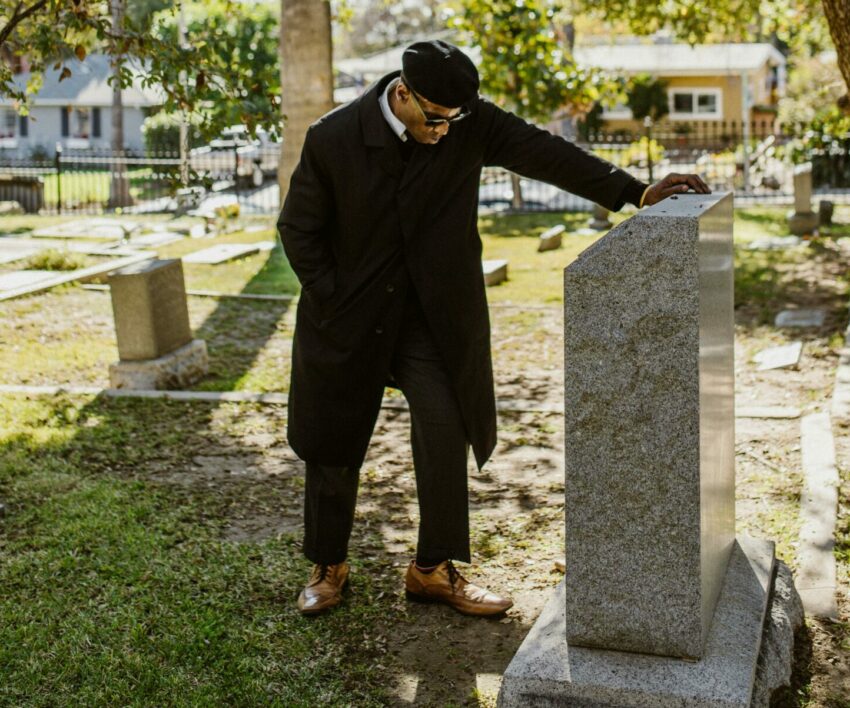
We go through different kinds of experiences in our life journey, some are good, some are painful, some are we understand and accept them and some we just don’t get why they dad to happen. All of these experiences are there to grow us and make us better people, whether we know it or not.
When it comes to bad experiences, there comes a time when we undergo the loss of people very close to our hearts and we feel crushed. We all express grief differently as there is no one-size-fits-all type of mourning and grieving.
The Philipps Funeral Home explains that grief is a crucial aspect of healing, allowing us to process our loss and adapt to our new reality, granting us the freedom to feel and process. This means that in order to experience healing and acceptance, one needs to grieve that is why it is important to do so.
However, what happens when you don’t allow yourself to grieve, how does that affect you presently and in the long run? Let us find out what psychologist experts tell us.
Emotional rewind: According to the Grief Recovery Centre, an emotional rewind occurs when you become stuck in the time before or of a loss, meaning you either feel like the loss hasn’t happened and you ignore the realities of it, or you are constantly living in the moment of the loss as if it is still fresh. “This can show up by dialling the number of a recently lost loved one, even though you know they will not pick up; repeating old conversations with a loved one in your head, etc.”
Compulsive behaviour: The Therapy in a Nutshell publication states that you will start being involved in compulsive behaviour after the loss. These are said to include overeating, excessive spending, addiction to distraction, and substance abuse.
Anger issues: “A lot of people who resist the urge to grieve a loved one’s loss end up stuffing whatever feelings they might have deep down so that they don’t have to deal with them,” states Speaks Chapel. The publication continues to state that grieving can lead to anger issues if people resist it. It is mentioned that people may suppress feelings deep down, causing them to explode when they finally confront their emotions.
Extreme fear of loss: It is stated by Psychology Today that one may feel less secure, and the outside world might feel dangerous and they may react to these sentiments and ideas by being hypervigilant and sensitive, conditioned to expect the worst.
Numbness: The above publication further mentions that shutting down grief leads to emotional numbness, persistent depression, a why-bother attitude, and a lack of motivation and energy.
Also see: Ways to deal with grief




